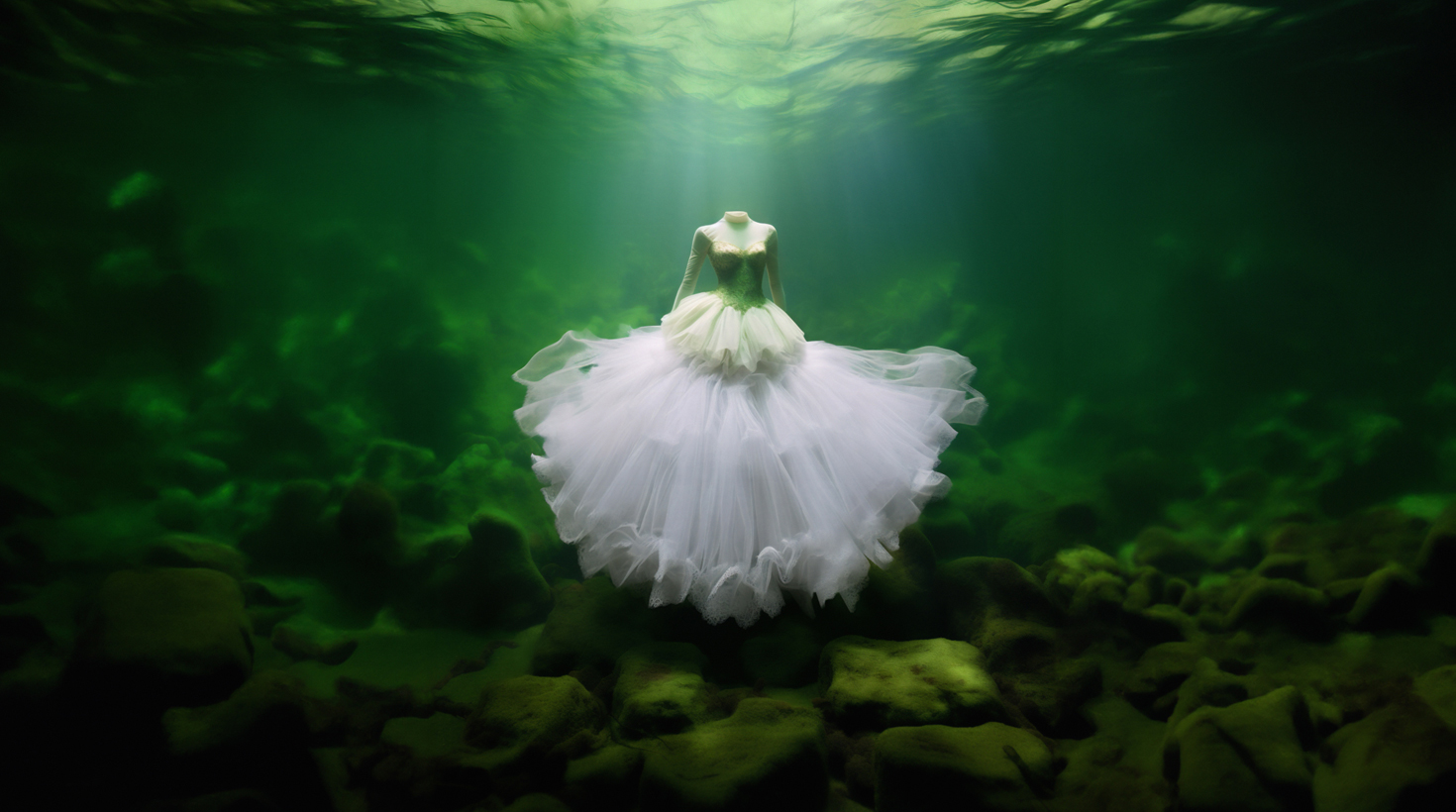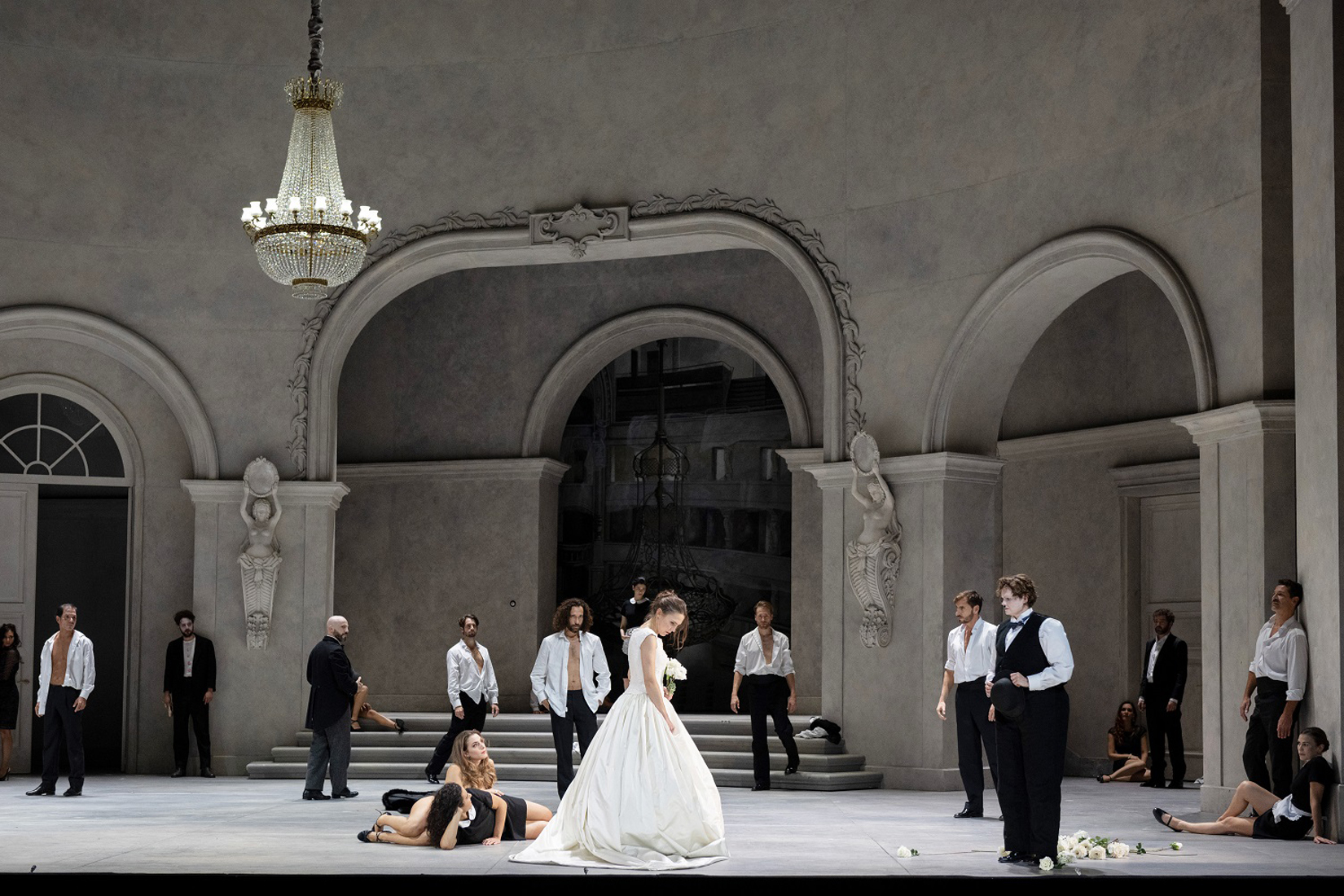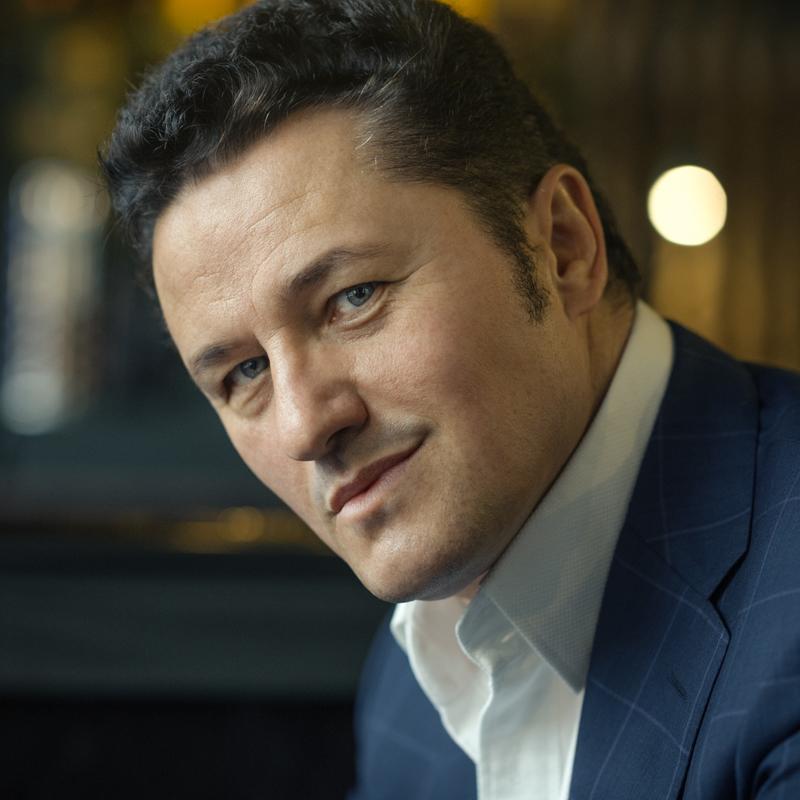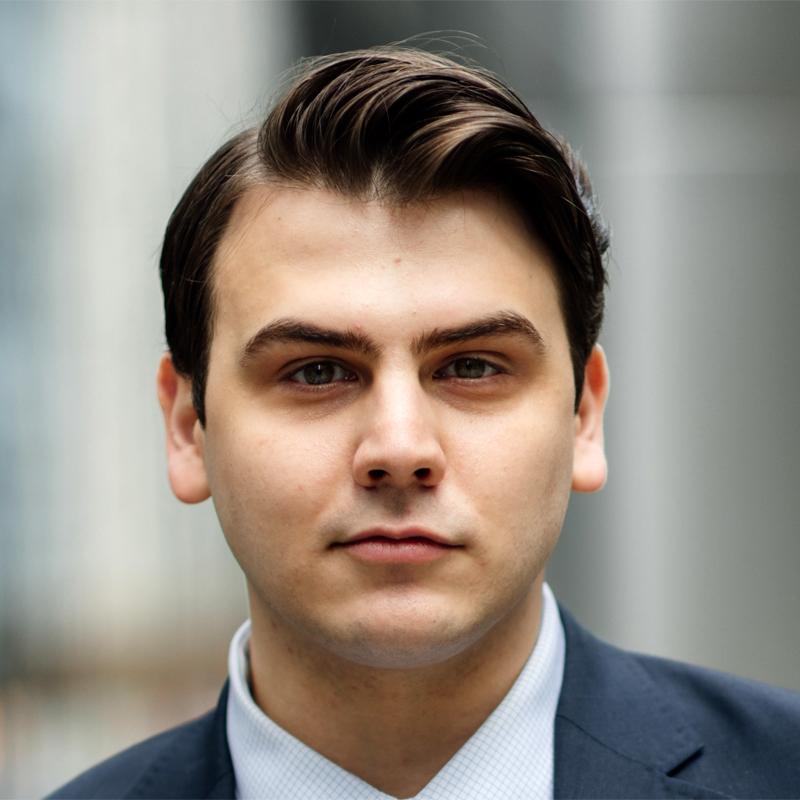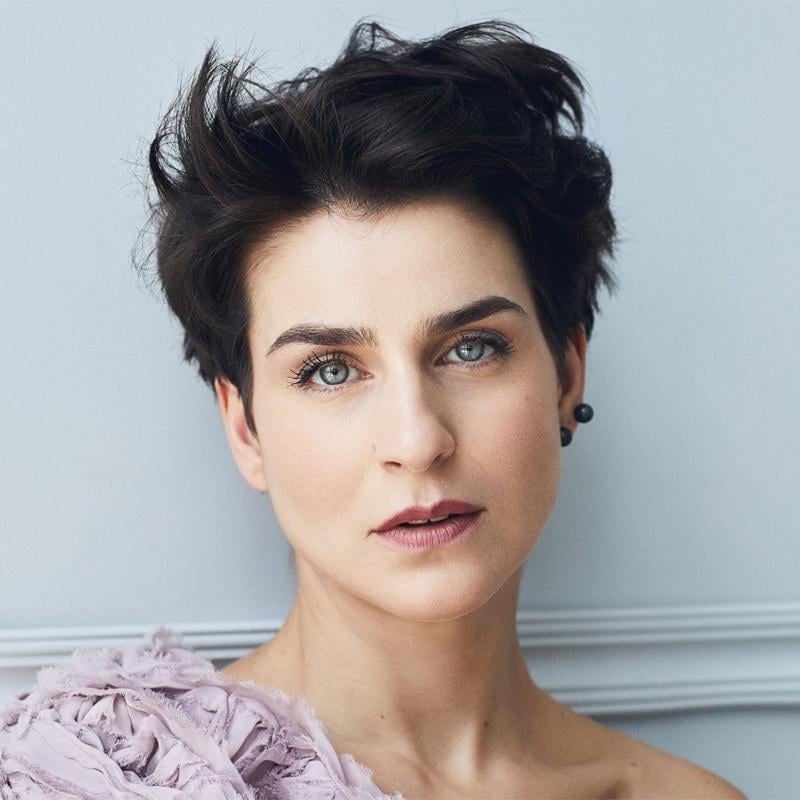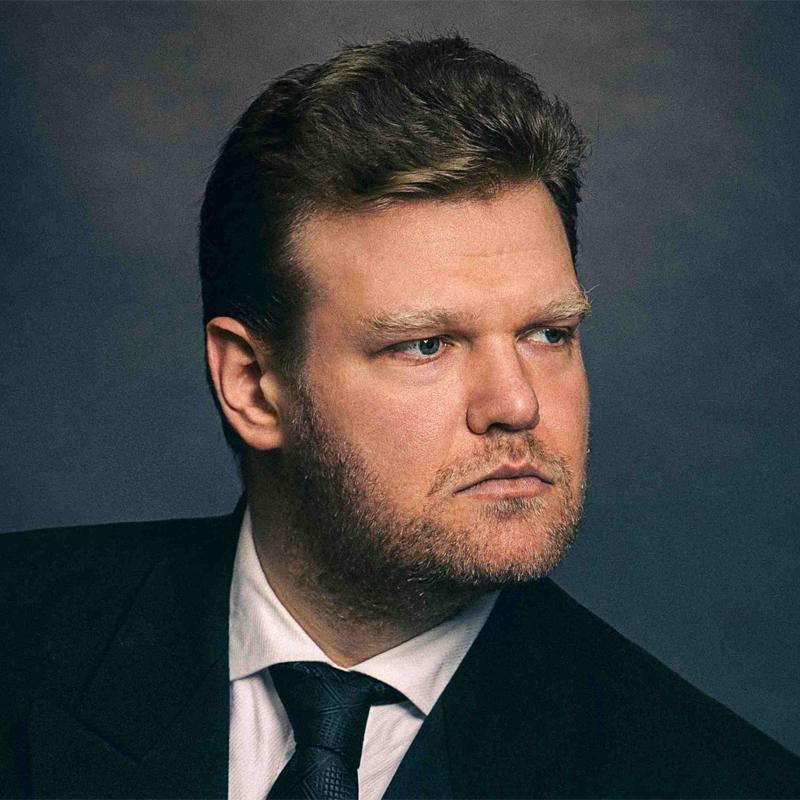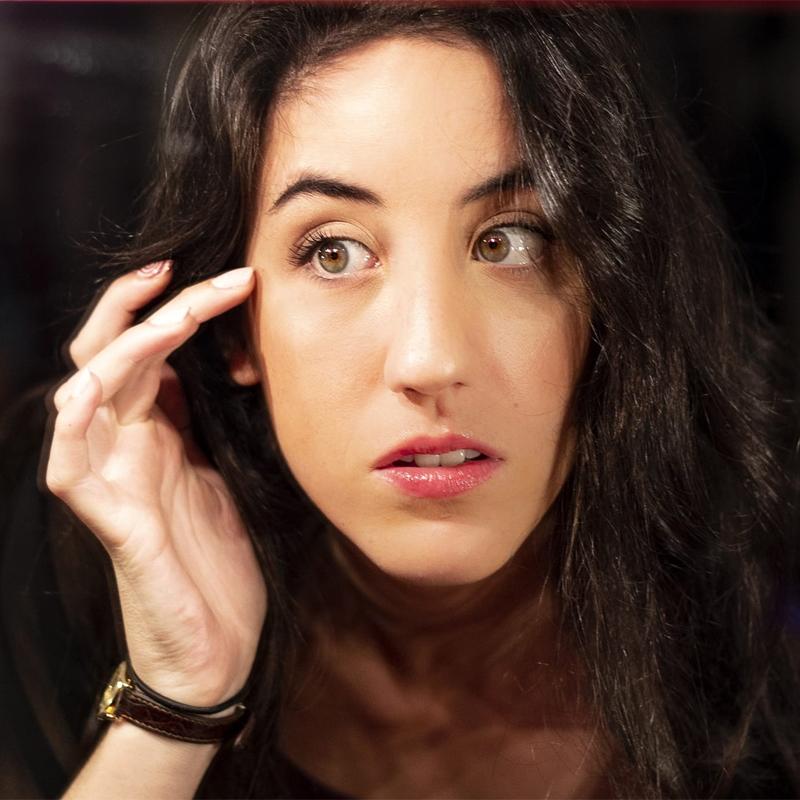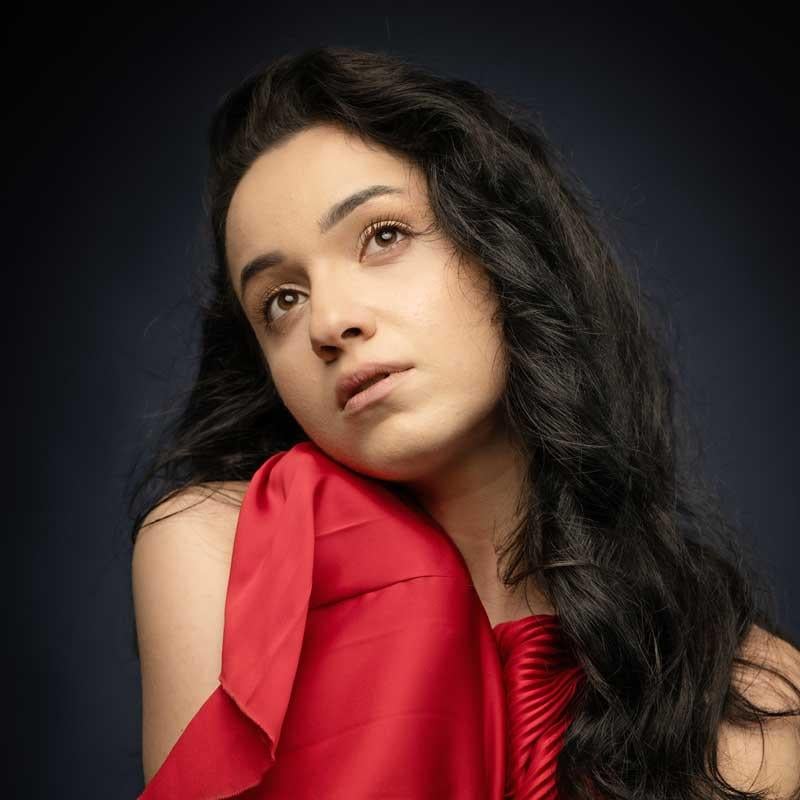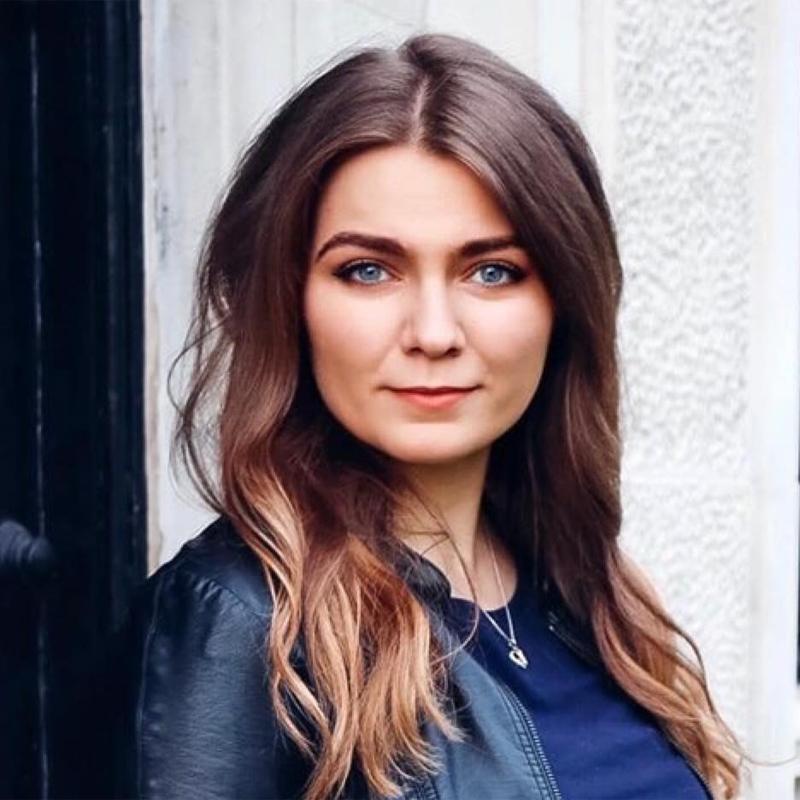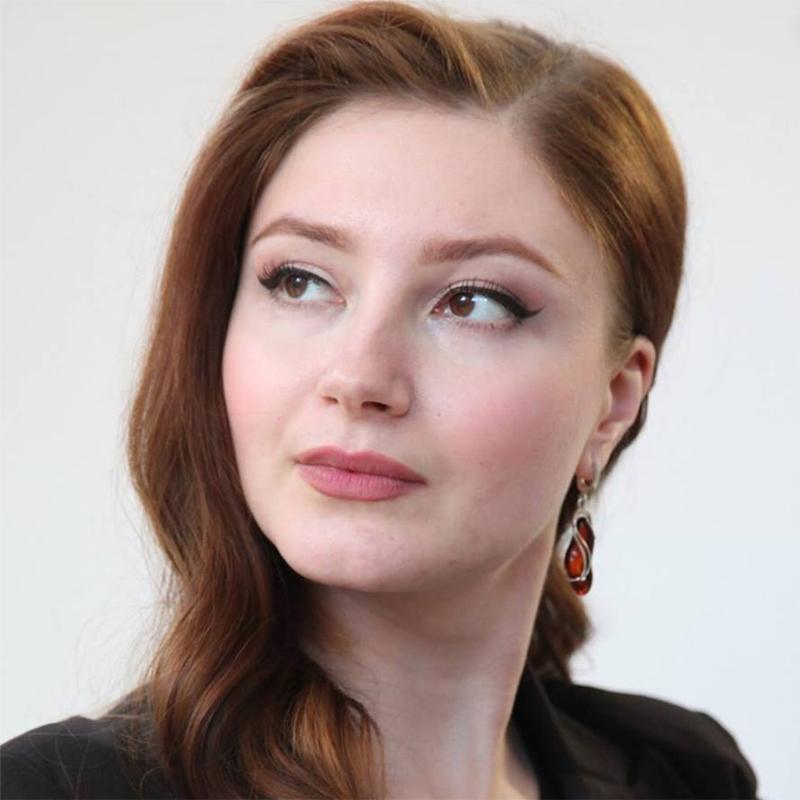Masterpiece of Romantic lyrical music
"But the mermaid has no tears and, therefore, suffers much more."
Hans Christian Andersen
"The anonymous water knows all my secrets. The same memory arises from all the springs."
Gaston Bachelard, Water and dreams
When Dvořák returned from his travels to America in 1895, he was a different man. After abandoning the symphony as a genre, he dedicated the last decade of his life to two exuberant musical forms, the symphonic poem and opera. The works that resulted, extraordinarily poetic, were Dvořák’s attempt to reach the heart of the Czech spirit, describing in music and theatre the stories most cherished by his countrymen.
Rusalka—a lyrical fable in three acts—premiered in Prague in 1901 and is the most well-known and beloved opera—along with Smetana's The Bartered Bride—of Czech opera. Dvořák had already shown his interest in Czech folklore in a series of symphonic poems inspired by the popular ballads of Karel Jaromír Erben and decisively adopted a libretto by Jaroslav Kvapil, centered around a water spirit or nymph, inspired by the popular Undine (1811) by Friedrich de la Motte-Fouqué and also The Little Mermaid (1837) by Hans Christian Andersen.
A masterpiece of Romantic lyricism, it tells the story of a water nymph who takes on human nature and pays a cruel price for it. Rusalka falls in love with the prince who often comes to bathe in the lake, and she asks her father, the water spirit, to help her become a human woman. To achieve this, after the famous "Song to the Moon," she seeks the help of a witch, assuming some human conditions, though limited. The prince falls in love with her at first, but her muteness and apparent coldness disappoint him, and he soon turns his affections toward a beautiful and cruel foreign princess. Rusalka must return to her realm—now neither human nor water spirit—and is condemned to lead men to their deaths. The prince, repentant, returns and asks for one final kiss, knowing it will cost him his life, and he dies happily in her arms.
Musically very beautiful, with a certain Wagnerian influence (especially the Ring cycle), it also finely incorporates traditional melodies in its ballads, songs, and dances, and expresses, through the choruses of nymphs and water spirits, an idealized and romanticized view of nature.
Asmik Grigorian and Piotr Beczala will star in the performances of this new production between the Gran Teatre del Liceu, the Sächsische Staatsoper Dresden, the Teatro Comunale di Bologna, the Teatro Real, and the Palau de les Arts in Valencia. A subtle and psychological proposal by Christof Loy, Rusalka is a metaphor for the difficulties of communication between two worlds. Set in the lobby of a theater, where the protagonist is paralyzed and uses crutches, surrounded by characters living from their memories, she longs to leave and discover other ways of understanding reality.
A concept that provides a strong framework for the interactions between the protagonists of this wonderful story, where hidden desires and the darkest instincts become visible.
Opera in three acts
Libretto by Jaroslav Kvapil based on Undine by La Motte Fouqué, The Little Mermaid by Hans Christian Andersen, and Slavic mythology.
World premiere: 03/31/1901 at the National Theatre in Prague.
Premiere in Barcelona: 02/21/1924 at the Gran Teatre del Liceu.
Last performance at the Liceu: 01/14/2013.
Total performances at the Liceu: 14.
With the support of:

Artistic profile
- Stage direction
- Christof Loy
- Choreography
- Klevis Elmazaj
- Scenography
- Johannes Leiacker
- Lighting
- Bernd Purkrabek
- Costumes
- Ursula Renzenbrink
- Production
- Gran Teatre del Liceu, Teatro Real (Madrid), Staatsoper Dresden, and Palau de les Arts (Valencia)
- Choir of the Gran Teatre del Liceu
- Pablo Assante, conductor
- Symphony Orchestra of the Gran Teatre del Liceu
- Assistant to the musical director
- Luís Toro
- Conductor
- Josep Pons
Cast
More information
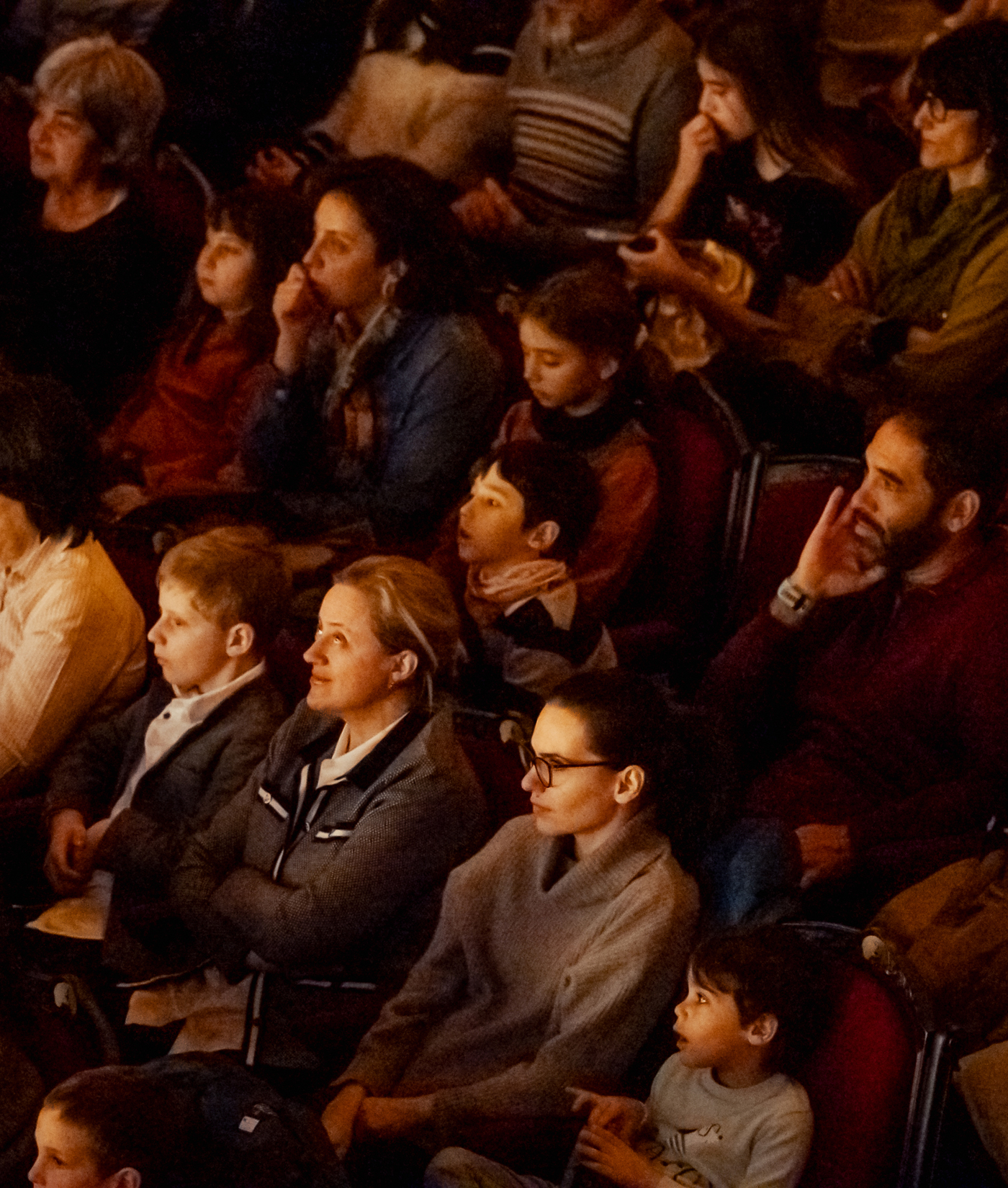
Special performance
Opera between generations
The Gran Teatre del Liceu strengthens the initiative to promote an opera session to be experienced across generations. Grandparents can bring their grandchildren to the Liceu, or vice versa. Aunts, uncles, godparents, nephews, godchildren, etc., will also be able to attend this special performance of Rusalka to nurture emotional and knowledge-based connections between people of different generations through opera.
Sunday, July 6, 2025
18h
Tickets on sale soon. During the purchase process, you will need to provide the date of birth and personal details of all attendees.


